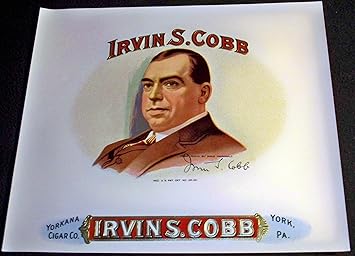 |
| Source: Wiki |
And while memory may be untrustworthy, yesterday's encounter suggests they get full points for faithfulness. Whatever you say about Irving (probably not very much) he did know how to tell a story. But here's an insight that I can entertain in my dotage though it would not have been available to me back then. That is: the whole tradition of "back from the dead" stories. I can see now that there are literary echoes just all over the place. Wiki does offer a catalog of "forerunners," although oddly, it doesn't seem to mention any of the items that come to my mind.
I'm thinking, for example, of Odysseus, hero of the world's first great homecoming story (also one of the world's first buddy stories, but leave that for another day). There are obvious differences: Odysseus seems to have had a better relationship with his wife, and Rip doesn't slaughter all the suitors, but still. Twenty years. Think of it.
Another that comes to my mind is Balzac's Colonel Chabert. I see that it was published in 1832, just a few years after Rip. A casual Google search confirms that others have noted the similarity, though I have no idea how much the critics make of it. Again, it isn't exact. The Colonel is not asleep; he is just away and thought dead. The notable similarity between Balzac and Irving is that they both draw on the insight as to how much the world has changed: in Rip's case, the American Revolution, in Balzac's, the French. The interesting difference is that the Colonel finds he is profoundly unwelcome: the world has changed and there are plenty of people (by which I mean "his wife") for whom it would be far more convenient if he were dead.
Which naturally brings me to mind another riff on the "what do we do now?" theme, but this time, for real. I'm thinking Martin Guerre, subject of a respectable movie, a piece of high-concept history and a superb little novel: this time the theme is "is he or isn't he," and I won't be the spoiler.
And finally to my own favorite Henry James story (competition is thin: I'm not a huge James fan). That would be The Jolly Corner, about Spencer Brydon who returns to New York and the family home after 30 years in Europe. Once again, we have the theme of "how the world has changed!"--but this time the pivotal figure aside from Spencer himself is--oh, I shouldn't be a spoiler now, should I?
Update: Ignoto reminds us of the ultimate comeback story.
